
After Parasite rocked the world last year, people finally started paying attention to South Korean cinema. This is long overdue when you consider the nearly boundless assortment of quality films coming from the area. The average cinephile might be frustrated that it took so long for people to suck it up and read some subtitles, but it’s not worth gatekeeping an entire country’s cinematic achievements. This is a cause for celebration more than anything.
Since Taste of Cinema is a website that seeks to expand people’s horizons, this list feels like a natural next step. Below, you’ll find ten South Korean masterpieces, and that word isn’t being used lightly. These ten motion pictures vary in terms of content, but one thing remains the same: they’re all incredible.
The entries on this list will be listed alphabetically rather than in order of quality. That’s because this isn’t a competition; it’s a celebration. Rather than pitting films against each other, we’ve decided it would be better to give each of them the same degree of recognition. That way, the focus is taken away from any sort of definitive ranking.
1. Burning (2018, Lee Chang-dong)
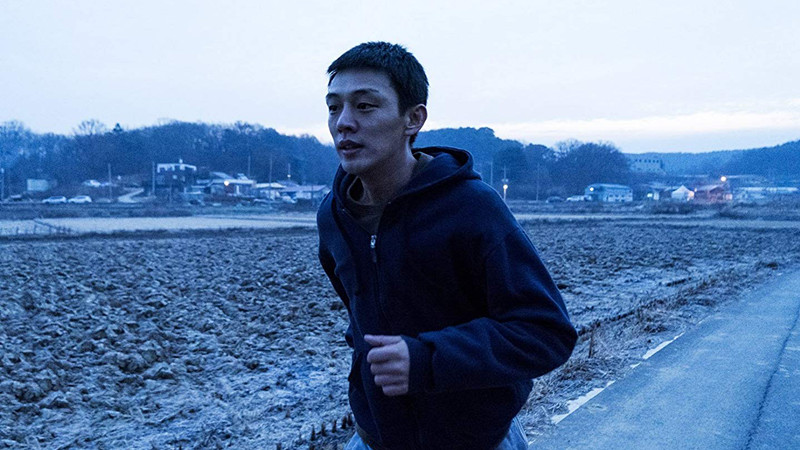
Burning is more than just the best movie of 2018; it’s one of the best movies of the 2010s, full-stop. Lee Chang-dong’s shocking psychological drama may take its time, but the finale is worth the wait. As an added bonus, the conclusion makes everything before it so much more meaningful.
Burning doesn’t waste any time. It is deliberate in the way it tells its story. It’s not nearly as fast-paced as some of the other entries on this list, but it doesn’t need to be. The central mystery constantly looms in the background. Because of this, viewers feel the need to analyse everything frame-by-frame, and they absolutely should. There’s a lot going on, and it’s all incredibly satisfying.
2. The Handmaiden (2016, Park Chan-wook)
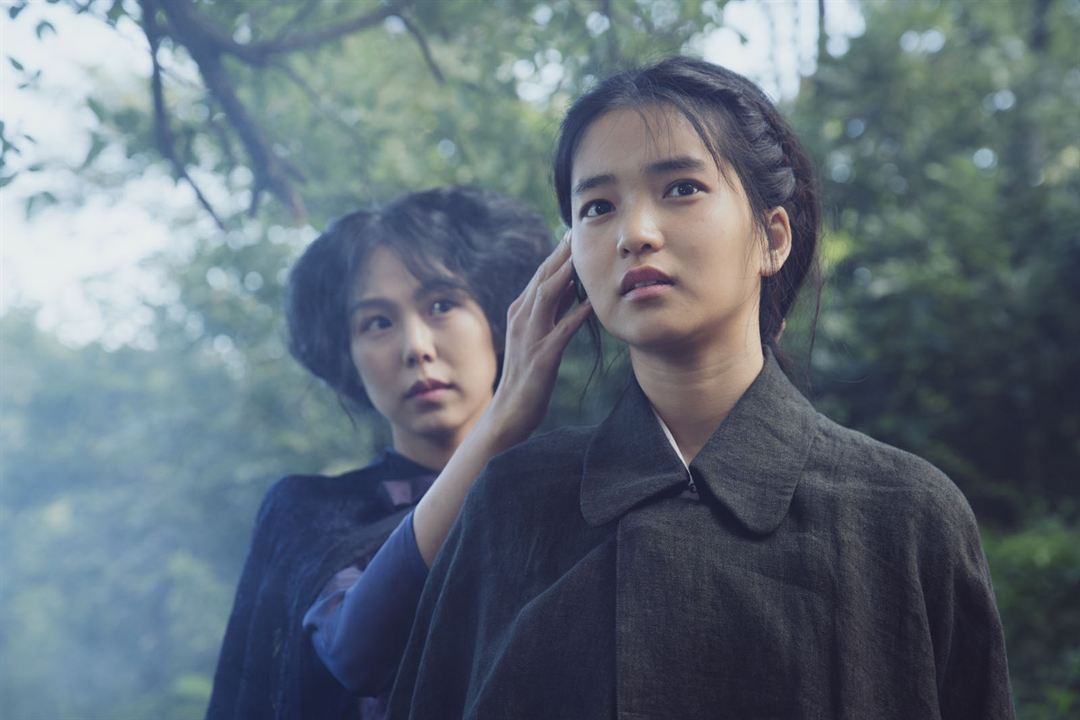
Let’s get one thing out of the way: this 2016 erotic thriller is dense. There is a lot going on, and somehow, the 145-minute runtime seems like it’s being pushed to the very limit. Every second of the lengthy runtime is used wisely. Intricate themes are explored in-depth every step of the way, and as a bonus, it’s a blast to watch everything unfold.
Like most of Park Chan-wook’s filmography, The Handmaiden isn’t particularly subtle. It’s certainly slower than some of his other works, but it’s still relatively in-your-face about its intentions. In the wrong hands, this directorial style could come off as rather grating. Chan-wook, however, knows how to find the right balance. While his messages are very much to-the-point, it never feels like you’re being beaten over the head.
This is helped by the fact that The Handmaiden is gripping throughout the entirety of its runtime. The depiction of Japan-occupied Korea adds even more life to a story filled with scandal, romance, and intrigue. The Handmaiden’s erotic thrills come hard and fast. They don’t give you much time to breathe, but you’ll be too engrossed to care.
3. The Housemaid (1960, Kim Ki-young)
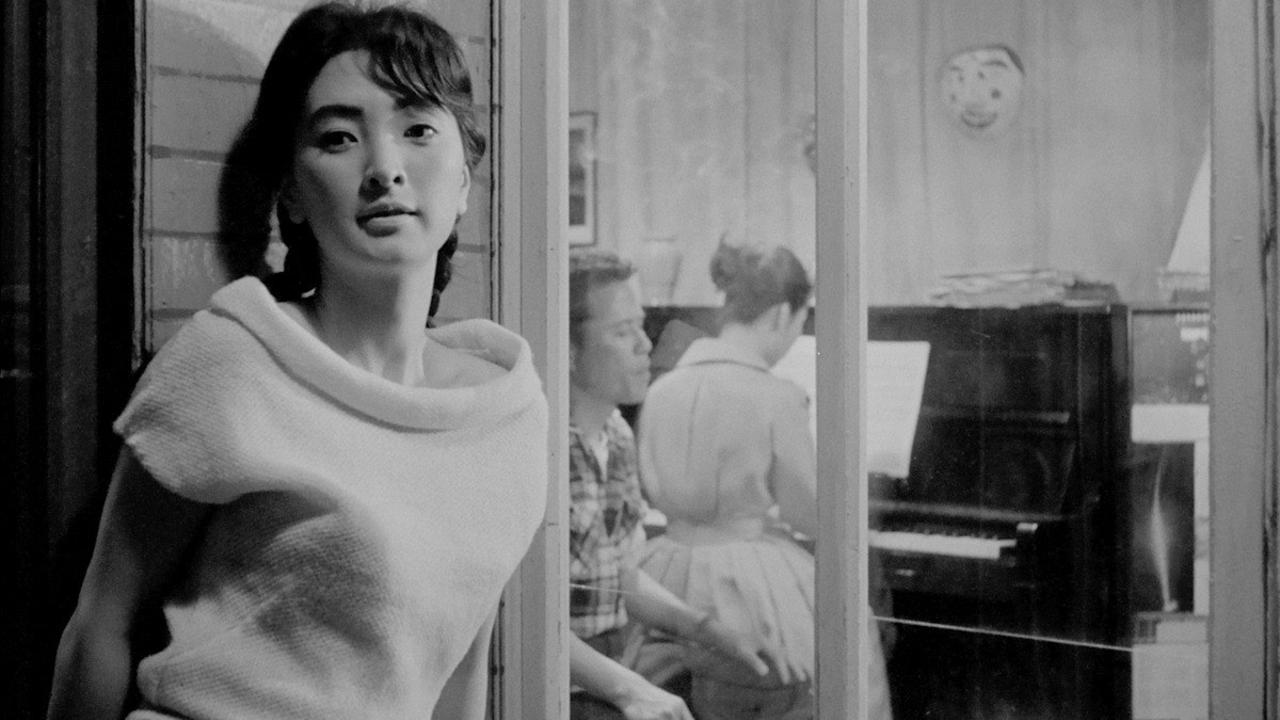
The original 1960 release of The Housemaid has experienced a resurgence in popularity following a Criterion Collection release and 2010 remake. Although the remake is certainly worth a watch, Kim Ki-young’s original feature is the real masterpiece. Kim Ki-young’s erotic thriller has been listed as an influential work by several directors, including Bong Joon-ho, who claims that it paved the way for Parasite.
Its influence is undeniable. It cleverly takes on topics like classism, sexuality, and domesticity, and frankly, it does so flawlessly. Sixty years later, this remains an extraordinary analysis of the human psyche. It’s not quite as hard-hitting as some of the more modern entries on the list, but there’s more than enough to analyze here. The Housemaid will linger in your mind long after the credits roll.
4. I Saw the Devil (2010, Kim Jee-woon)
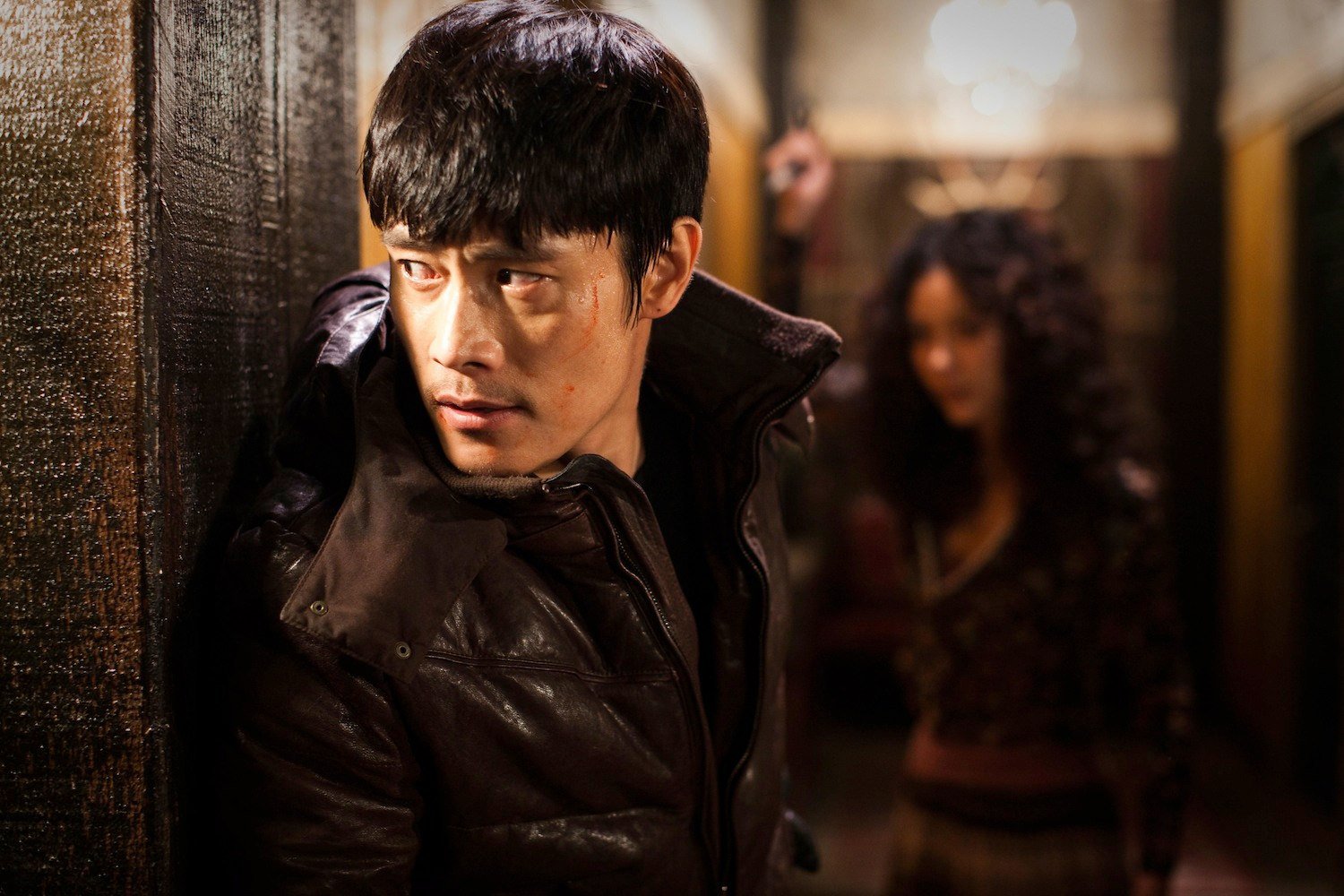
I Saw the Devil is like a shot of adrenaline. Shortly after the film’s opening, the thrills come fast and hard. It’s so relentless that it can come across as exhausting, but it’s also one of the most enthralling revenge thrillers you will ever see.
Director Kim Jee-woon is no stranger to these types of films. Ultra-violence has always been his speciality. A Bittersweet Life and The Good, the Bad, and the Weird both have their merits. However, they feel like appetizers compared to this weighty gut-punch of a film. Every absorbing second offers people a reason to keep their eyes glued to the screen. Things can get a little stomach-churning, but that’s a miniscule problem when you think about the bigger picture.
5. Memories of Murder (2003, Bong Joon-ho)
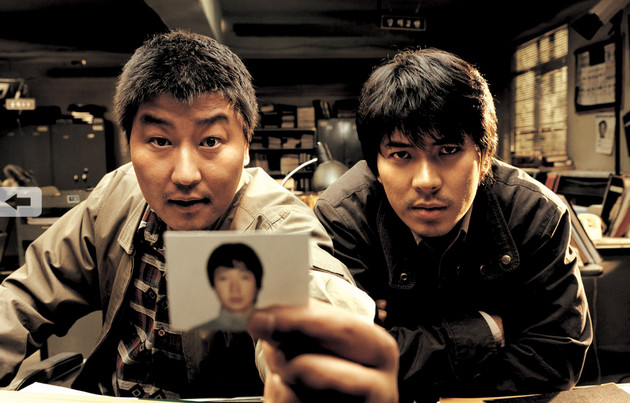
Before Bong Joon-ho became an Academy Award winning director, he managed to release some of the most acclaimed South Korean films ever. Frankly, this list could consist of at least five movies from the esteemed director, but that wouldn’t be very fair. Instead, we’ve decided to narrow it down to just two. Because Memories of Murder is so representative of what Joon-ho has to offer, its inclusion feels natural.
In Memories of Murder, a group of local detectives is assigned to investigate a series of murders. Unfortunately for the suspects, these detectives tend to use shoddy investigative methods. Violent interrogations, psychological manipulation, and pseudoscience all take precedent over things like forensic evidence and traditional methods of questioning. This results in a movie that places the target on both the murderer and the people in charge of investigating these murders.
With the recent discussions surrounding police brutality, Memories of Murder is surprisingly topical. In fact, it feels like a necessary viewing experience to teach people about coercive interrogation and unnecessary exertion power. Though it’s not entirely morally ambiguous, it does raise just as many questions as answers. Viewers are tasked with judging the actions of basically every single character, and it’s not as black and white as you might assume.
Today, the moral ambiguity associated with police tactics isn’t unexplored territory. There have been plenty of recent releases that tackle similar topics, but few of them pull it off as successfully as Memories of Murder. This grim analysis of law and order might knock the wind out of you, but the rush is worth it.